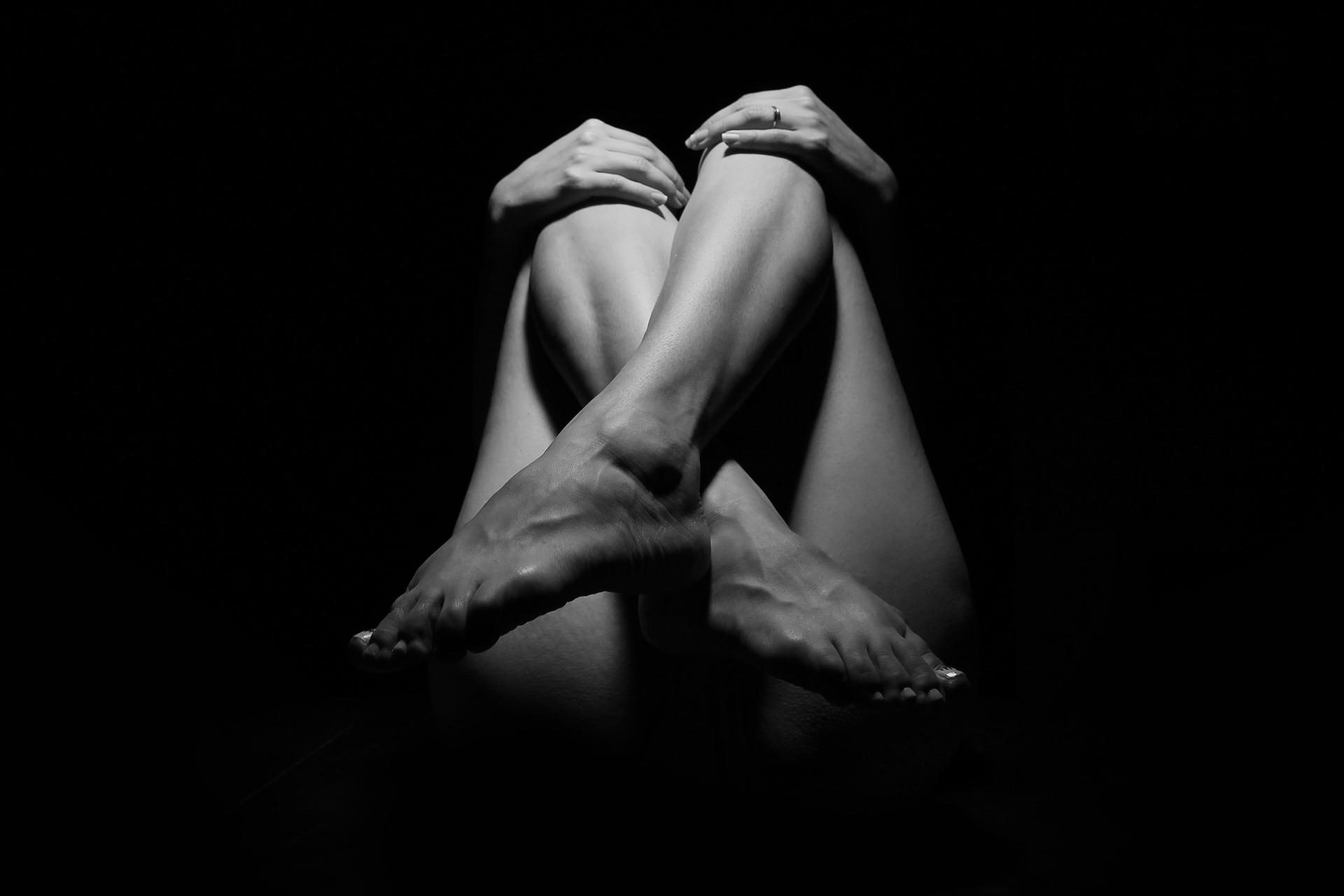What is Body dysmorphic, or body dysmorphic disorder (BDD)
To give it its correct name sometimes been called “imagined ugliness disorder”. In the past, has also been called Dysmorphophobia. Essentially, body, dysmorphic is an anxiety disorder in which a person with the disorder has an abnormal preoccupation with their physical appearance or any slight physical imperfection. They may compare themselves with other people and worry about the physical appearance and areas which they perceived to be flawed, a person with this disorder may spend lots of time in front of the mirror.
It is quite normal, at some point in one’s life to be unhappy about the way one looks. Nevertheless, someone BDD physical flaws are very distressing and the thoughts of being in perfect, never fully go away, even when other people reassure them they look fine and comment there’s nothing wrong with a physical appearance, for the victim. People with this disorder can often have depression and in some cases become so depressed that they take their own life.
In the UK, it is predicted that 0.5% of the population suffer with BDD. The age group of suffers can vary from very children and young people to the more mature. To put this into context this roughly equates to 5 out of every thousand people. Based on the UK population in 2009, this figure equates to 308,960.
Body dysmorphic, or body dysmorphic disorder (BDD) to give it its correct name sometimes been called “imagined ugliness disorder”. In the past, has also been called Dysmorphophobia. Essentially, body, dysmorphic is an anxiety disorder in which a person with the disorder has an abnormal preoccupation with their physical appearance or any slight physical imperfection. They may compare themselves with other people and worry about the physical appearance and areas which they perceived to be flawed, a person with this disorder may spend lots of time in front of the mirror.It is quite reasonable, at some point in one’s life to be unhappy about the way one looks. Nevertheless, someone BDD physical flaws are very distressing and the thoughts of being in perfect, never fully go away, even when other people reassure them they look beautiful and comment there’s nothing wrong with a physical appearance, for the victim. Individuals with this disorder can often have depression and in some cases become so depressed that they take their own life.
In the UK, it is predicted that 0.5% of the population suffer from BDD. The age group of suffers can vary from very children and young people to the more mature. To put this into context, this roughly equates to 5 out of every thousand people. Based on the UK population in 2009, this figure equates to 308,960.
Body dysmorphic disorder (BDD) may manifest with the person having a disproportionate concern about minor flaws in their appearance. Furthermore, body dysmorphic disorder may also manifest itself in a general anxiety about one’s entirely imagined defects. With the person concerning their issues regarding their head or face but this may also gravitate to other parts of their bodies they do not feel happy with. Even when others people tell them, they’re fine, and they do not have a flaw in that area of their body. A person with body dysmorphic disorder may find it hard to believe and need constant reassurance, and will often not think the person given the reassurance.
In general terms, body dysmorphic disorder often begins in young adolescents normally up to a person’s early 20s; this is commonly, the time when one is most sensitive about the way one appears to others. Although this conditionally predominant in women there is evidence to support that that body dysmorphic disorder is equally spread of a cross both sexes.
In diagnosing, body,dysmorphic disorder, it is worth noting that its shows the same symptoms as OCD, it is also worth noting that some studies have shown that body dysmorphic disorder can also affect people with OCD.
What are the symptoms of body dysmorphic disorder?
Here are some things to look out for
- if a person is constantly in the hunt for reassurance about the way they look.
- If a person is constantly trying to mask blemishes and wrinkles in their body. The person may justify this by saying such things as “I have to look right”.
- If a person is continually grooming their hair, preening themselves in mirrors or checking their make up to “feel good about themselves”
- the person is actively avoiding mirrors
A person with body dysmorphic disorder (BDD) will often be obsessively concerned regarding their facial features, notably their nose, their eyes, their chin or their lips. A person with body dysmorphic disorder will sometimes be concerned with the lack of symmetry in their face or sometimes feel they have oversize features or features which are too small. Indeed, any part of their body could be
How can Eleos Counselling help?
A great deal of people with body dysmorphic disorder managed everyday life, in spite of their obsessive thoughts. But sufferers find it hard to concentrate at work, or in an educational environment such as schools, colleges, university. Inevitably people with body dysmorphic disorder have difficulties with relationships and maintaining meaningful contact with others. Often a person with a person with body dysmorphic disorder with find it difficult to go out in public. Psychotherapy counselling can help someone come to terms with and manage their obsessive thoughts. Many sufferers of body dysmorphic disorder are found psychotherapy to be useful in maintaining a perspective on their obsession.
Check out Eleos Counselling blog
Contact Us
Please get into contact today should you require our counselling services.
About Eleos
I specialise in creating an environment, that allows you to discover and understand who you are is an individual, who you are in context to relationships, and how you interact with others. We work together to change unhelpful patterns of the behaviour in order to have the relationships and life you want.
More Info
Contact
F6 Worth Corner, Business Centre
Turners Hill Road
Pound Hill, Crawley
RH10 7SL
Follow Us

Eleos Counselling Ltd trading as Eleos Counselling
UK Registered Company 10964914

